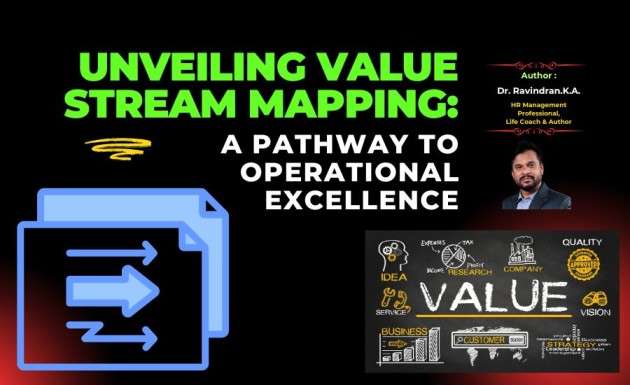Introduction: Gemba
In the realm of Japanese management practices, Gemba stands out as a powerful tool for driving operational excellence and continuous improvement. Rooted in the principle of direct observation, Gemba encourages leaders to go to the actual place where work is done, engage with frontline employees, and gain firsthand insights into processes, challenges, and opportunities. Join us as we delve into the essence of Gemba and explore how it can revolutionize your approach to management.
Thank you for reading this post, don't forget to subscribe!Unlocking the Essence of Gemba: A Journey to the Frontlines

Gemba, which translates to “the real place” or “where the action happens,” embodies the philosophy of going to the source to understand and improve processes. By immersing themselves in the day-to-day operations of their organization, leaders can gain invaluable insights, identify inefficiencies, and drive meaningful change from the ground up.
Key Principles of Gemba

1. Direct Observation
Gemba emphasizes the importance of firsthand observation and interaction with frontline employees. By physically going to the Gemba, leaders can witness workflows, identify bottlenecks, and gain a deep understanding of the challenges faced by their teams.
2. Empowerment and Engagement
Gemba encourages leaders to engage with employees at all levels, listening to their perspectives, and involving them in problem-solving and decision-making processes. This fosters a sense of ownership, accountability, and collaboration among team members.
3. Continuous Improvement
At its core, Gemba is about driving continuous improvement through iterative observation, experimentation, and learning. By regularly visiting the Gemba, leaders can identify opportunities for optimization, implement changes, and measure the impact of their interventions.
Implementing Gemba: Practical Strategies for Success
1. Schedule Regular Gemba Walks
Set aside dedicated time in your schedule to conduct Gemba walks on a regular basis. Whether it’s daily, weekly, or monthly, consistent engagement with the Gemba is essential for maintaining visibility and driving continuous improvement.
2. Foster Open Communication
Create an environment where employees feel comfortable sharing their observations, ideas, and concerns during Gemba walks. Encourage open dialogue, active listening, and constructive feedback to facilitate meaningful interactions and problem-solving.
3. Lead by Example
Demonstrate your commitment to Gemba by leading from the front and actively participating in Gemba walks alongside your team. By modeling the behavior you expect to see, you can inspire trust, engagement, and accountability throughout the organization.
Real-World Impact of Gemba: A Case Study

Let’s take a closer look at the success story of ABC Manufacturing, a company that embraced Gemba to drive improvements in its production process. By conducting regular Gemba walks, ABC Manufacturing identified and addressed inefficiencies, resulting in a 15% increase in productivity and a 20% reduction in defects within six months.
Conclusion: Embrace the Power of Gemba for Transformational Leadership
In conclusion, Gemba offers a powerful framework for leaders seeking to drive operational excellence, employee engagement, and continuous improvement in their organizations. By adopting a mindset of direct observation, engagement, and empowerment, leaders can unleash the full potential of their teams and drive meaningful change from the ground up.
 hroptimum
hroptimum



